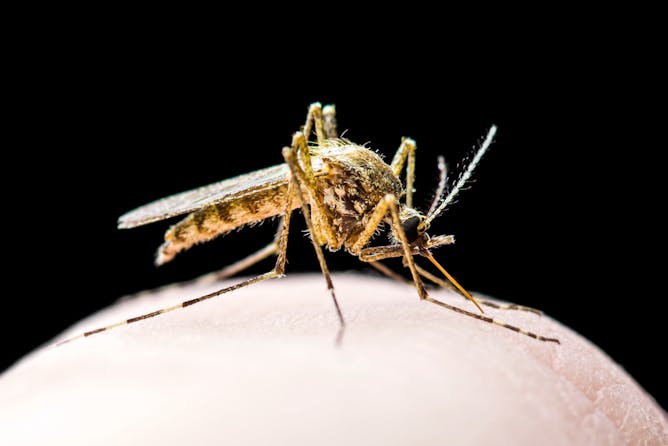|
Today is World Malaria Day. The disease still kills close to half a million people each year with Africa continuing to bear the heaviest burden. Most countries are painstakingly trying to migrate from managing malaria to putting in place plans to eliminate it completely. But not all are succeeding. In Malawi for example, elimination is being hampered by policies that don’t fully make use of evidence-based research, writes Chikondi Mwendera. There is, however, some good news. In South Africa scientists have developed an innovative formula that acts as a
repellent, and kills malaria carrying vectors. Walter Focke, Mthokozisi Sibanda and Taneshka Kruger explain.
There’s a push from some Moroccan intellectuals and civil society groups to reform the country’s inheritance laws. These date back hundreds of years and prevent women from inheriting money and property. Moha Ennaji sets out how conservative elements are fighting back against the proposed reforms, and why it’s such an important step to take for women’s rights and Morocco at large.
|

Mosquitoes have started developing resistance to topical repellents.
Shutterstock
Walter Focke, University of Pretoria; Mthokozisi Sibanda, University of Pretoria; Taneshka Kruger, University of Pretoria
A novel mosquito repellent has been found to have a longer lifespan than those commercially available.
|

A Malawian woman receives a bednet to protect her and her child from mosquitoes that spread malaria.
MSF/ Wilfred Masebo
Chikondi Mwendera, University of Pretoria
Malaria elimination in Malawi is lagging because research isn't being used properly.
|
Politics + Society
|
-
Moha Ennaji, Université Sidi Mohammed Ben Abdellah
Conservative segments of Moroccan society, have blocked women from inheriting.
|
|
Business + Economy
|
-
Carin Runciman, University of Johannesburg
Data reveals that South Africa's strike action is lower than many other countries, and not as prolonged as politicians claim.
|
|
From our international editions
|
-
Lakeyta Bonnette-Bailey, Georgia State University
Hip-hop heads around the world are rejoicing over Kendrick Lamar's win. But it's been a tumultuous ride for a genre once derided as “pornographic filth.”
-
Erika A. Taylor, Wesleyan University
E. coli bacteria are the frequent culprits behind outbreaks of food-borne illnesses. But not all strains are harmful; some are even helpful.
-
Liza Schuster, City, University of London
An attack on a voter registration killed at least 57 people, and left scores more deciding where to go now.
|
|